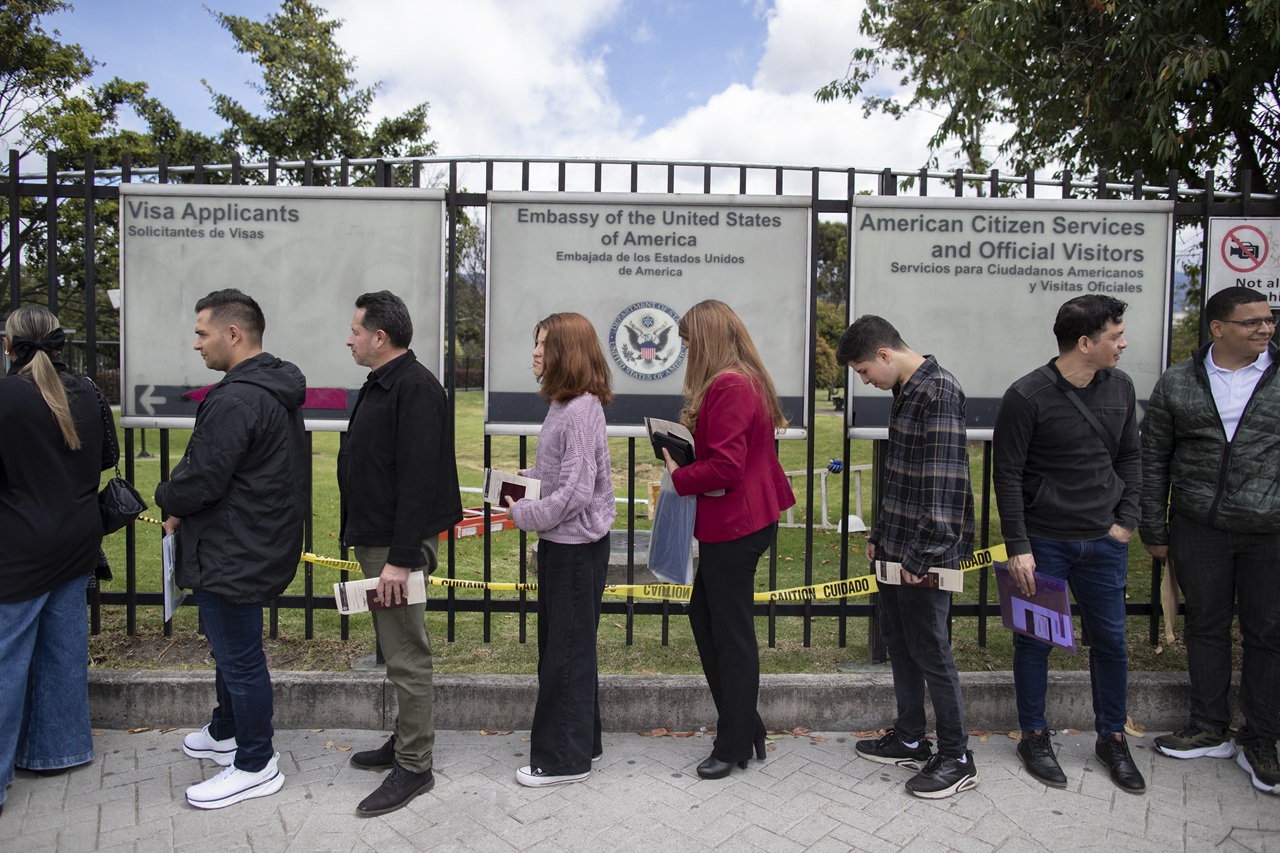
Rep. Chuy Garcia: The American Dream and Promise Act “missed an opportunity”
While the Dream and Promise Act does a lot for immigration, it fails to fully address immigrant criminalization.
The House passed The American Dream and Promise Act on March 18, a targeted bill that, while it makes strides for DACA and TPS recipients isn’t as extensive as the President Biden-backed U.S. Citizenship Act of 2021, which is Biden’s proposed comprehensive immigration reform package with an eight-year path to citizenship at its center for undocumented immigrants in the U.S.
If signed into law, the American Dream and Promise Act would provide a path to legal permanent residency and citizenship for Dreamers, undocumented immigrants who were brought or entered the U.S. as children, and other imigrants who reside in the nation illegally.
The cautious approach is likely because Democrats hold a thin majority in both chambers of Congress, and Republicans are less likely to support such a robust bill for citizenship like Biden’s. The other incentive is that the Dream and Promise Act, or, H.R.6, while specified, offers more room for bipartisan compromise.
What’s more, the DREAM Act does not address the needs of immigrants covered by Temporary Protected Status (TPS) or Deferred Enforced Departure (DED), while H.R. 6 does.
But because of the limited provisions, the bill still falls short.
Yes, it is a more expansive version of the DREAM Act, but H.R.6 retains harmful measures that would exclude many from receiving a path to citizenship.
H.R.6. includes a “secondary review process,”a provision not included in the U.S. Citizenship Act or the Senate’s DREAM Act, and would take individuals otherwise eligible under the Dream and Promise Act and subject them to a second round of review based on arbitrary conditions.
The secondary review process gives DHS the discretion to deny already-eligible individuals status by adding an additional layer of requirements that exclude anyone with a misdemeanor conviction, juvenile adjudication, or alleged gang membership — without formal judicial action.
The implications of these criminal bars are what prompted Rep. Jésus “Chuy” García to take a stand on the House floor on the day H.R.6 was passed.
RELATED CONTENT
Thank you @RepChuyGarcia for voting yes to pass the Dream and Promise Act in the House of Representatives and for your leadership in fighting against the criminalization of our communities! Our fight continues until all our communities are able to live and thrive in this country! https://t.co/NQbYxos7qX
— United We Dream (@UNITEDWEDREAM) March 19, 2021
He voted in support, but noted the critical bars that must be taken into consideration with future legislation. On the House floor, he said these barriers will contribute to the continuation of over-criminalization and discrimination against immigrants, especially Black and Brown immigrants.
“I, along with 47 of my colleagues, with support from hundreds of advocates and immigrants’ rights organizations nationwide, worked to eliminate racially motivated barriers to legalization from this bill, specifically the secondary review language and punitive criminal bars.,” Garcia told AL DÍA in a statement.
“These harmful provisions will deny immigrant youth, who would qualify for protections under H.R. 6, a better future. Mistakes committed as a child, or baseless allegations should not derail someone's life,” he continued.
While the American Dream and Promise Act’s passing is no small thing, as drafted, it imposes bars that reinforce racial bias in the pathway to citizenship.
This is why in January, Garcia reintroduced the A New Way Forward Act to roll back immigration laws that result in racial profiling, disproportionate incarceration, deportation, Latino, Black, and Asian communities and family separation.
To end, Garcia told AL DÍA that he will continue to work with his House colleagues to “ensure” that the criminal bars are not included in any future immigration legislation.











LEAVE A COMMENT: